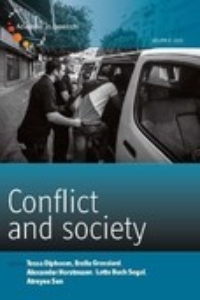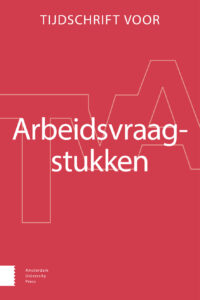Abstract
How do former combatants understand and make themselves into a citizen category? Through exploring the life narratives of former combatants from three different wars (Namibia, Colombia, and United States–Vietnam), this article locates similarities in the claims for recognition. The achievements or the grievances associated with the war and their homecoming made them deserving of special recognition from the state, the country, or other veterans. These claims situate these veterans in a political landscape, where they are called upon to mend and affirm the relation with the state, achieve recognition from society, and defend their fellows, which inform their citizenship practices, as it shaped their political mobilization and perceived political status. Through seeking recognition, they affirm their role as citizens.
About the author
Johanna Söderström is Associate Professor/Senior Lecturer in political science at Uppsala University, Sweden. Her research concerns challenges facing new democracies, especially as seen from below among regular citizens (and less regular citizens, like ex-combatants). Her work primarily focuses on the dynamics of post-war citizenry participation, especially in the intersection between peacebuilding and democratization.


